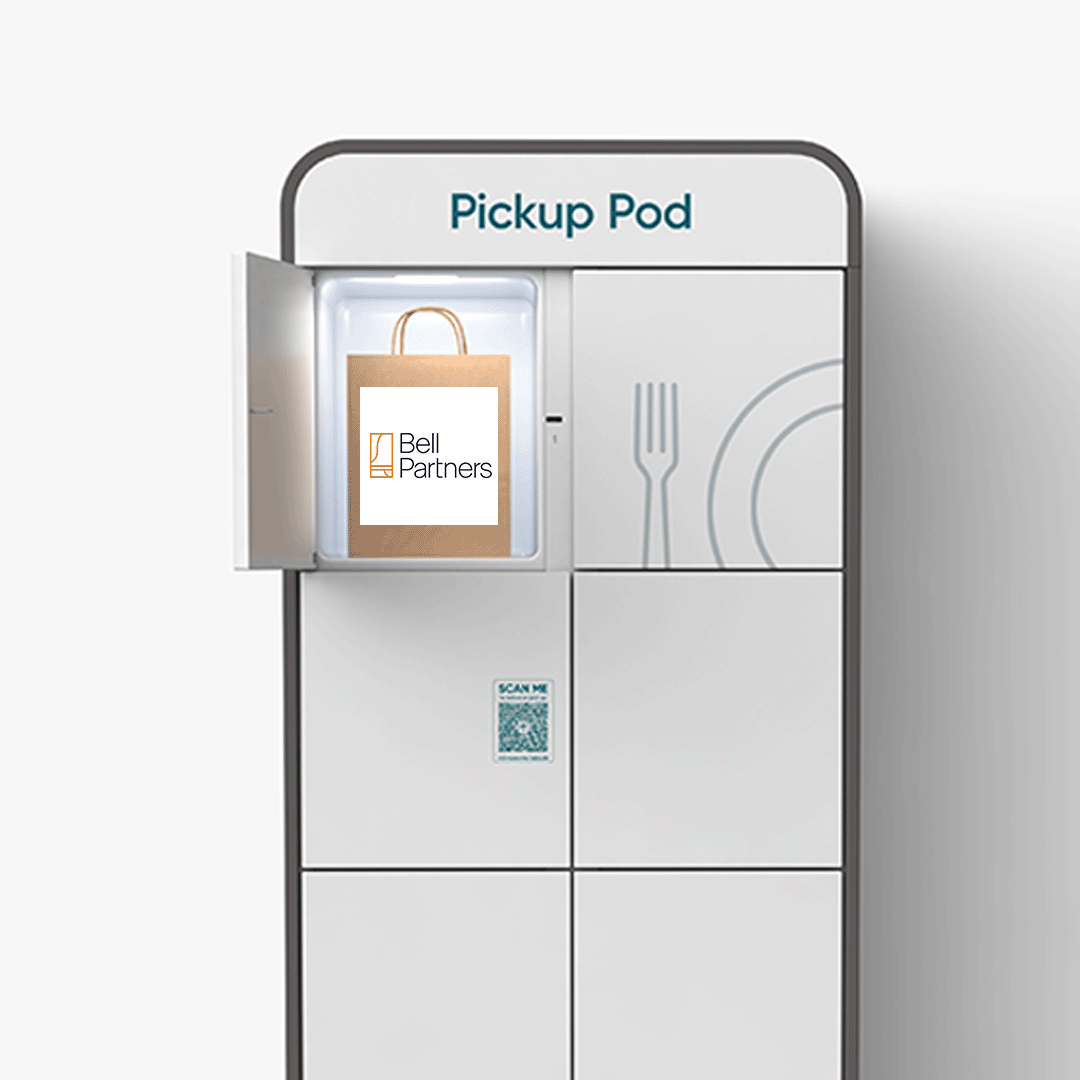
As the digital finance landscape matures, cryptocurrency trading continues to redefine how individuals engage with digital assets. While centralized and decentralized exchanges hold substantial market share, peer-to-peer (P2P) crypto exchanges are quickly gaining momentum for offering unmatched privacy, user autonomy, and transaction flexibility.
This comprehensive guide explores the fundamentals of P2P crypto exchange development—how these platforms operate, their standout features, key advantages, development considerations, and the role they play in reshaping the crypto trading ecosystem.
What is P2P Crypto Exchange Development?
A P2P crypto exchange is a decentralized trading platform that allows users to buy and sell cryptocurrencies directly with one another, without involving centralized intermediaries. These platforms use smart contracts or escrow mechanisms to secure trades, protecting both the buyer and seller throughout the transaction process.
Unlike centralized exchanges like Binance or Coinbase, P2P platforms empower users to control their funds and transactions, ensuring a trustless, private, and secure trading environment. Reputation systems, escrow services, and dispute resolution processes further bolster user confidence and platform reliability.
How Does a P2P Crypto Exchange Work?
The typical P2P crypto exchange workflow includes the following steps:
- User Onboarding: Users register and complete identity verification (KYC) based on platform requirements.
- Offer Creation: Sellers publish offers specifying the cryptocurrency, exchange rate, and payment preferences.
- Order Selection: Buyers browse listings and initiate transactions with sellers that meet their needs.
- Escrow Engagement: The platform holds the seller’s crypto in escrow during the transaction.
- Fiat Payment: Buyers complete the fiat payment via selected methods (e.g., bank transfer, UPI, PayPal).
- Crypto Release: Upon confirmation of fiat receipt, crypto is released from escrow to the buyer.
- Feedback System: Both parties leave reviews, contributing to the platform’s trust framework.
Core Features of a P2P Crypto Exchange
- Decentralized Trading Architecture
- Built-In Escrow Security
- Multi-Currency and Crypto Asset Support
- Flexible Payment Integrations
- User Rating and Review Systems
- Integrated Dispute Resolution Mechanisms
- Privacy-Oriented Platform Design
Benefits of P2P Crypto Exchange Development
- Superior Privacy Protections
Minimal or optional KYC processes allow for enhanced anonymity, which is a major draw for privacy-conscious users. - Lower Transaction Costs
With no intermediaries, P2P platforms can offer significantly reduced trading fees compared to centralized exchanges. - Diverse Payment Methods
Buyers and sellers can utilize a wide array of payment channels—ranging from global gateways to localized solutions. - Seller Pricing Control
Sellers have full autonomy to set exchange rates, providing better profit margins and market competitiveness. - Resilience Through Decentralization
By removing a central authority, these platforms are less prone to censorship, shutdowns, and systemic hacks. - Access in Restricted Regions
P2P exchanges offer critical trading access in regions with strict financial or crypto regulations.
Top P2P Crypto Exchange Platforms
- LocalBitcoins – An early leader known for global reach and reliability.
- Paxful – Supports 350+ payment methods for unmatched transaction flexibility.
- Binance P2P – Seamlessly integrates with Binance’s global ecosystem.
- Hodl Hodl – Focused on privacy and non-custodial trading.
- Bisq – A decentralized, open-source platform that does not require KYC.
Real-World Applications of P2P Exchanges
- Emerging Market Trading – Enables crypto access using regional payment solutions.
- Cross-Border Payments – Facilitates fast, cost-effective international money transfers.
- Arbitrage Opportunities – Traders profit by exploiting price differences across markets.
- Financial Inclusion – Serves the underbanked and unbanked with decentralized access.
Challenges of P2P Crypto Exchanges
- Risk of Scams
Despite escrow safeguards, fraud risks persist. Platforms must offer strong dispute management and monitoring systems. - Slower Trade Execution
Manual user interactions can slow down transactions compared to fully automated exchanges. - Liquidity Limitations
Low user volume in some markets can affect liquidity and widen price spreads. - Trust Building
Robust reputation mechanisms and identity verification are vital to ensure secure trading environments.
Security Essentials in P2P Exchange Development
- Escrow Wallet Integration
- Two-Factor Authentication (2FA)
- Reputation & Review Mechanisms
- Dispute Resolution Teams
- End-to-End Encrypted Communications
Steps to Build a P2P Crypto Exchange
- Hire an Expert Development Partner
Work with an experienced crypto exchange development company like itioinnovex, known for secure, scalable solutions. - Design a Seamless UI/UX
Ensure intuitive navigation across desktop and mobile interfaces to enhance user experience. - Implement Core Trading Functions
Include KYC, escrow systems, crypto wallets, trade chat, and conflict resolution. - Build a Security-First Infrastructure
Incorporate cold wallets, anti-fraud protocols, and multi-signature security. - Ensure Legal and Regulatory Compliance
Align with local and international laws governing digital assets and user data. - Conduct Rigorous Testing and Launch Strategically
Test thoroughly across devices and use cases, and continue post-launch improvements.
What’s Next for P2P Crypto Exchanges?
The future of P2P exchanges lies in increased decentralization, scalability, and integration with emerging technologies. Expect to see:
- AI-driven fraud detection
- Decentralized identity solutions
- Layer-2 blockchain scalability
- Greater DeFi protocol integration
As global demand for decentralized solutions grows, P2P exchanges will be key to expanding inclusive and secure digital finance infrastructure.
Conclusion
P2P crypto exchange development is paving the way for a more private, flexible, and user-empowered trading environment. These platforms eliminate central control, reduce costs, and provide broader access to the crypto economy—especially in underserved markets.
Whether you’re a crypto trader seeking autonomy or an entrepreneur looking to launch your own exchange, P2P platforms offer a forward-looking solution in today’s decentralized financial world.
Read More: Unlocking Growth: Why Your Business Needs a White Label Payment Gateway Solution





















